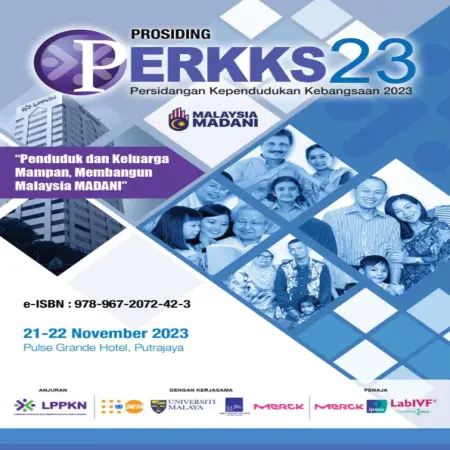Browse by Subject
Results for Search : "400 Language"
|
|
Using games to stimulate and motivate Esl students in Malaysia
Item Type: Book Section
Editor:
Year: 00/12/2023
Abstract: Vocabulary is a vital part of English second language education. Unfortunately, the teaching and learning process is challenging for students as regular classroom activities have become tedious and boring, which does not motivate them to learn. Not only that, but this also discourages them from practising outside of the classroom. To help encourage students to become more motivated in learning and improving their English vocabulary, teachers need to consider more creative activities to be used in the classroom.
|
|
|
|






